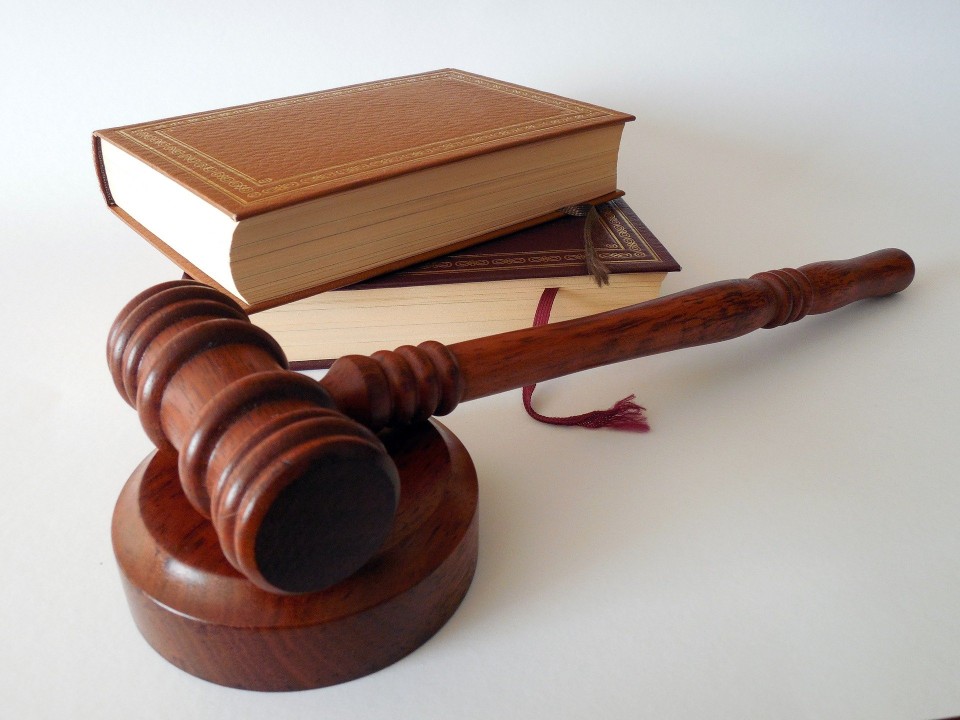After the 2020 reversal of an arbitrator's award in Brown v. TGS Mgm't Co., LLC, I noted that it may be hasty to conclude arbitration awards are not worth appealing. Reversal is possible where the arbitrator's error "violates a party's unwaivable statutory rights or that contravenes an explicit legislative expression of public policy."
An employee's right to compete is such a right, as in Brown, that even a wayward arbitrator may not ignore. An unlicensed contractor, likewise, may not enforce an agreement, even if the arbitrator says otherwise. Loving & Evans v. Blick (1949) 33 Cal.2d 603.
But the recent published opinion in Bacall v. Shumway (D2d8 Feb. 18, 2021) No. B302787 illustrates the limits of review of arbitration awards.
Bacall involved a talent management and legal representation agreement with Shumway who, unbeknownst to the talent, was no longer licensed to practice law. The arbitrator invalidated the agreement, but still allowed Shumway to keep about $200,000 relating to non-legal services of the approximately $400,000 in total payments.
Shumway appealed, raising a number of legal challenges, apparently hoping to get the same result as in Brown.
Legal Challenges to the Arbitration Award That Failed:
First, appellant Shumway argued the arbitrator's conclusion that the contract was invalid as a matter of law must be reviewed independently by the Court of Appeal. The court disagreed. The court distinguished Loving and other prior cases, as those cases involved arbitration awards upholding the validity of contracts. Here, the arbitrator declined to enforce the contract on grounds it was invalid, and instead severed the illegal portions.
(I find this distinction – between arbitration awards finding contracts enforceable and other awards finding them unenforceable – a doubtful one. In either event, the arbitrator is decide an issue concerning enforceability. Why should the reviewability of an arbitrator's conclusion on a question of law depend on what the conclusion was?)
Second, appellant argued the award violated the public policy enshrined in the Talent Agencies Act (Lab. Code, § 1700 et seq.). Here, appellant might have been on to something, mining the same vein as in Brown. Alas for appellant, however, the public policy at stake in the Talent Agencies Act is protection of the talent, not the agency. No dice.
Appellant's third argument – and my favorite – was that the arbitrator grounded the invalidity of the contract in the appellant-former-attorney's unlicensed practice of law, and that this "'highjack[ed]' the regulatory power of the State Bar and the courts." The court disagreed. (But the gumption deserves some credit.)
Substantial Evidence Challenges to Arbitration Awards Are Not Available:
Appellant also argued the judgment against him personally, as alter ego of his talent agency, was not supported by any evidence.
As a challenge to an arbitration award, this is a nonstarter.
Even if there truly were no evidence, the lack of substantial evidence is never a ground for reversal of an arbitration award. "We do not review the merits of the dispute, the sufficiency of the evidence, or the arbitrator's reasoning, nor may we correct or review an award because of an arbitrator's legal or factual error, even if it appears on the award's face." (Hotels Nevada, LLC v. L.A. Pacific Center, Inc. (2012) 203 Cal.App.4th 336, 359, fn. omitted.)
Arbitrator's Award of Fees Without Awaiting Opposition Held Not Grounds for Reversal:
Finally, a good example of it is important to simply follow normal CCP and Rules of Court procedure in arbitration rather than making it up as you go:
In post-hearing closing briefs and before the arbitrator issued an award, Bacall requested fees and costs. Confused by this, appellant emailed arbitrator and asked, wouldn't it be more appropriate to handle issues of fees and costs after the decision, like we do in regular court?
To which arbitrator responded via email: "Consideration of attorney fees will not take place until the case is decided and a prevailing party is determined. Anything submitted in that regard will not be read until then."
Satisfied, appellant waited. But when the decision came down finding Bacall the prevailing party, it also awarded Bacall his requested fees and costs over $237,000.
That seemed rather irregular, appellant argued.
But the Court of Appeal was not roused. The arbitrator didn't exactly deny appellant the ability to file an opposition. The court said the arbitrator's email response was "vague," but that appellant could have sought clarification. (The arbitrator's response does not seem vague to me.)
And even though appellant had a point that it would have made more sense to handle fees and costs after the merits disposition, it would not have been impossible to brief them beforehand.
The court concluded:
"As the Supreme Court recently reaffirmed, " ' "[t]he statutory provisions for [review of an arbitration award] are manifestly for the sole purpose of preventing the misuse of the proceeding, where corruption, fraud, misconduct, gross error, or mistake has been carried into the award to the substantial prejudice of a party to the proceeding." ' [Citation.]" (Heimlich v. Shivji [(2019) 7 Cal.5th 350] at p. 368.) This is not one of those cases."
Tim Kowal helps trial attorneys and clients win their cases and avoid error on appeal. He co-hosts the Cal. Appellate Law Podcast at www.CALPodcast.com, and publishes a newsletter of appellate tips for trial attorneys at www.tvalaw.com/articles. Contact Tim at tkowal@tvalaw.com or (714) 641-1232

